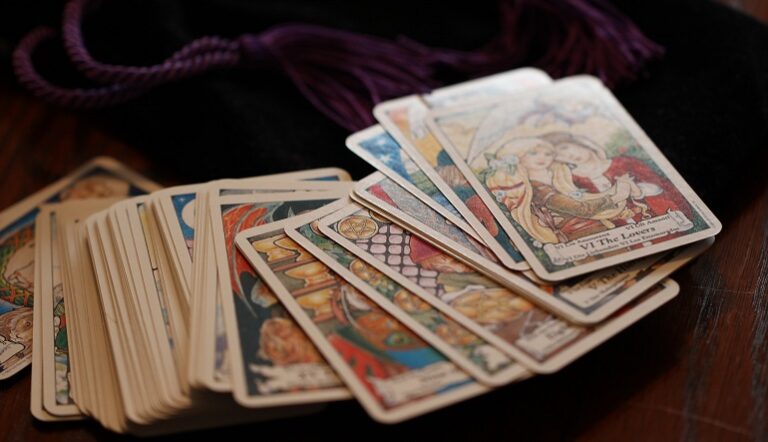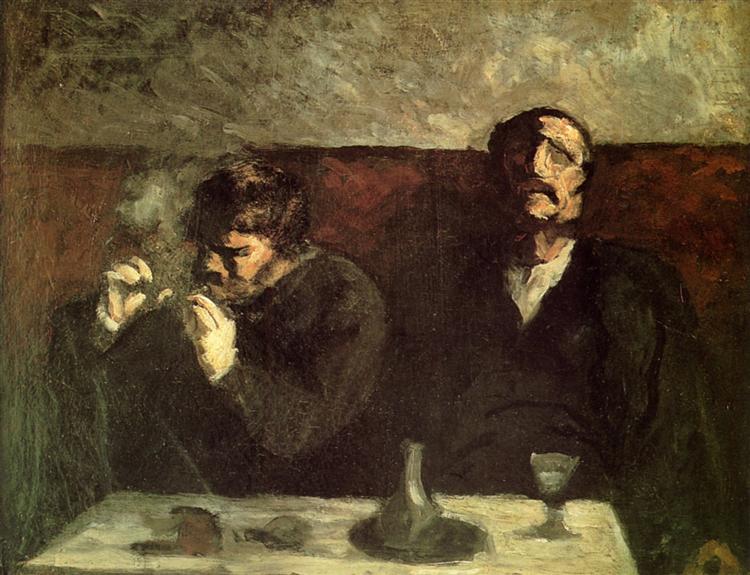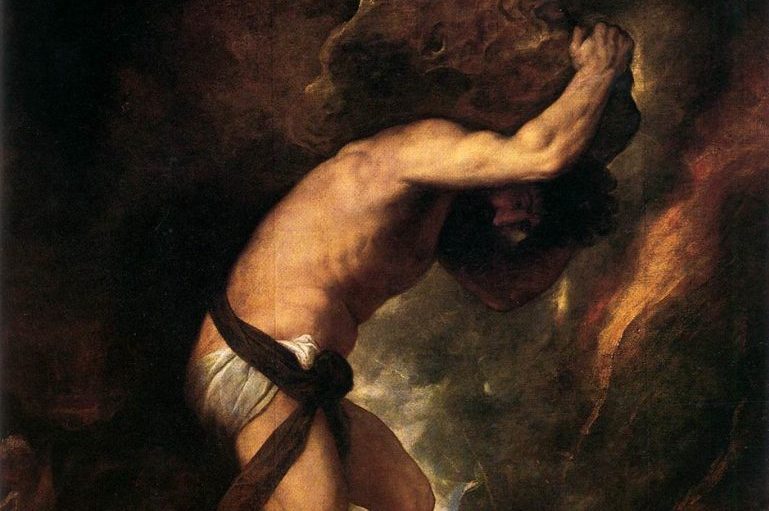Riding In Cars With Words
On long car rides with my father, you could count on hearing three questions: What kind of cow is that? What kind of roof is that? Is the moon waxing or waning?
My answers were always as follows: a Holstein, a mansard, and waxing? (I never did work out which was which.)
Why these three questions among the thousands that could be asked as the world streamed past? Well, we were driving from central Massachusetts, which is fairly rural, to visit relatives in Boston, usually returning at night—so these were items we encountered on the trip. But I don’t think it was the questions that counted; it was the asking. This exercise taught me that there were names for things, precise words that told you more about what you were seeing.
There were names for everything we saw streaming past the car window, names my father didn’t bother to quiz us on. But thanks to those he did quiz us on, I knew there were many other words and names I’d never heard before. And I began seeking them out. The curiosity they sparked is still with me today whenever I write.
Good writing requires attention to detail, and the tenacity and patience to alight on the right word. It’s not an excuse to trot out your SAT vocab. No one wants to know more about a character described as “perfunctorily haberdashed.” But we do want to know more about an albino with a nevus shaped like Portugal wearing a string bikini on the lanai. The right word sharpens perception and makes my made-up woman more real. (I’m already hoping she has enough sunscreen.)
Our family car trips were seldom more than two hours long, but when you’re under 10, two hours can seem like two days. We needed activities to occupy us. This was the late 1970s, early 1980s. There was no DVD player or Nintendo DS. My father’s questions were just the opening gambit in my parents’ quest to keep my two brothers and I from beating each other or driving them crazy. Most of their strategies involved word play.
The questions came first. Then the bad jokes (Driving by a cemetery: “People are dying to get in there.”) Then the strange Vaudeville songs my dad learned at camp, like The Titanic Song (not the Celine Dion song, but a folk song that is, according to our family songbook, “the jolliest disaster song ever written”) and Louie’s Love Songs (our favorite: “If I Had a Nose Full of Nickels,” from a singing cab driver who was a regular on Perry Como’s TV show ). And , of course, the Muppets—“Movin’ Right Along” was a unanimous family favorite. Then there were the fight songs for every university any family member of ours had ever attended, a perverse undertaking to avoid actual backseat fights.
Thankfully, we could all carry a tune—but it’s the lyrics that stuck with me. In the way that most of us know verbatim every song on the top forty from the years we spent in junior high, I can sing songs from the 1890s through the 1990s. The songs were rich with vernacular and regular guy speech, with archaic usage (when’s the last time you heard someone singing about the roto gravure? Do you even know what it is?) and modern day slapstick (thank you, Muppets, for rhyming Sasketchewan!)
My husband refers to my encyclopedic knowledge of old song lyrics as my Vaudeville childhood. He used to think I was making them up, but now he knows not to challenge me. I know this skill is not one commonly listed on a resume, and is even a little weird. But that’s one of the reasons I’m so thankful for it. Those long-ago car rides gave me a treasure trove of quirky language and knowledge to enrich my writing, to make it authentic and precise, quirky and all my own.
This forgotten vein of material enhances my stories with historical as well as human dimension. Our culture is so obsessed with the present moment, but the past has greater appeal to me. Our lives are not all new, or news. The olds are still with us: words and habits, rhythms and outlooks that can be passed along—if not from your father, then from mine. And from to me to you. Moving right along.
Did your family have strange traditions that feed your writing in some way? What were they? (I hope I’m not the only one!)
[youtuber youtube=’http://www.youtube.com/watch?v=MMR5JVo21wQ’]


